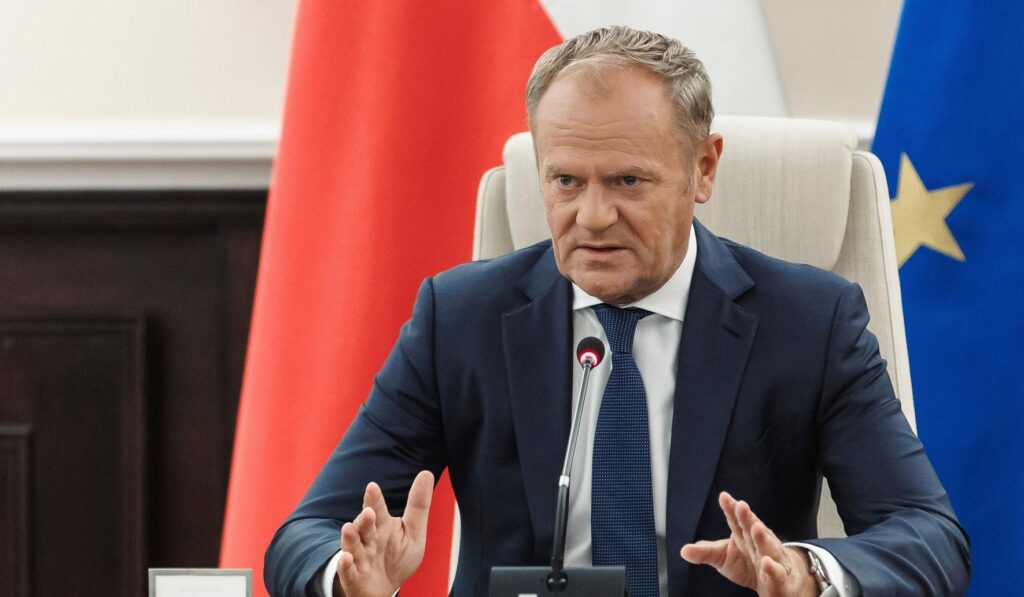Two Polish MiG-29 fighter jets intercepted a Russian reconnaissance plane Tuesday, reportedly flying a mission over the Baltic Sea, Poland’s military announced Wednesday. This piece looks at what happened, why Poland and NATO treat these flights seriously, and what the incident says about deterrence, readiness, and American interests in Europe.
The encounter itself is straightforward: Two Polish MiG-29 fighter jets intercepted a Russian reconnaissance plane Tuesday, reportedly flying a mission over the Baltic Sea, Poland’s military announced Wednesday. Polish pilots carried out a professional intercept to identify the aircraft and ensure it respected international airspace rules. These sorties are routine but important for preserving safe skies and signaling that Poland watches its approaches closely.
Poland’s response was calm but firm, the kind of posture that discourages miscalculation. Intercepts like this are not aggressive by themselves; they are defensive measures that confirm identity and intent. When a state’s forces act consistently and visibly, it raises the cost of provocative behavior for potential adversaries.
The Baltic region has seen a steady tempo of reconnaissance flights and naval activity for years, and that matters because routine becomes risk when forces are close. NATO members and partners in the area, including Poland, monitor movements precisely to prevent incidents. Regular air policing and intercepts are part of that monitoring toolkit, and they rely on trained crews and reliable equipment.
From a Republican perspective, the takeaway is about capability and deterrence. Nations that can reliably detect and identify aircraft, respond quickly, and communicate clearly deter escalation. That means investing in pilots, maintenance, radars, and command systems—real readiness, not just rhetoric. When allies show strength, it reduces the chance of dangerous standoffs.
Poland flies MiG-29s as part of an air force that blends legacy systems with newer acquisitions and partnerships. The MiG-29 remains a capable interceptor for regional air policing tasks, and Polish crews have trained extensively to operate under NATO procedures. Maintaining and modernizing those fleets is an investment in national security and allied stability across the north flank of Europe.
Countries conducting reconnaissance missions often cite intelligence needs, but the practical effect is constant observation of a neighborhood. The message from intercepts is simple: you may monitor, but you will be seen and identified. That transparency helps prevent accidents and delivers clarity to political leaders who must respond to any escalation.
Diplomatically, incidents like this should be handled without grandstanding while keeping pressure on Moscow to respect norms. Direct dialogue channels between militaries and clear rules for intercepts reduce the odds of missteps. At the same time, maintaining Western cohesion and visible support for allies like Poland reinforces deterrence far more effectively than unilateral concessions.
For U.S. policymakers and Republican leaders, the incident underscores two priorities: strong forward defense and steady support for NATO. That means funding allied capabilities and interoperability, deploying assets where they matter, and backing partners politically and militarily. Weakness or hesitation invites more aggressive probing, so consistent support matters.
Incidents over the Baltic are a reminder that security requires constant attention, capable forces, and clear political will. Poland did what any responsible nation should do: respond firmly and professionally to protect its airspace and its neighbors. Those actions help keep small incidents from growing into larger crises, and they reinforce the basic principle that sovereignty is defended, not negotiated away.



